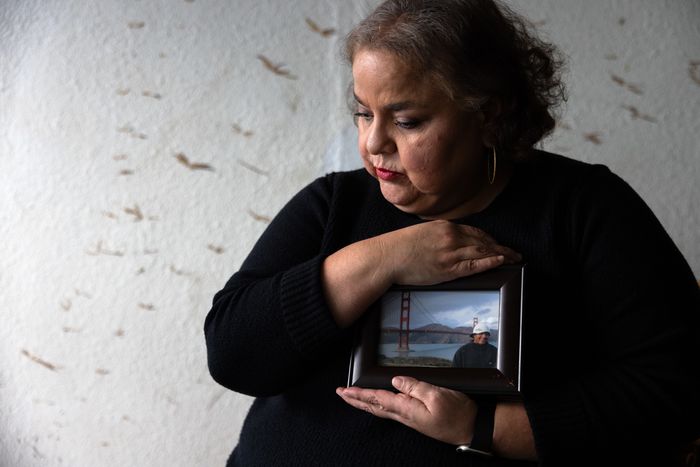ICYMI: Supreme Court Confirms No ‘Right’ for Foreigners to Enter US; Supreme Court Says U.S. Citizens Don’t Have Right to Bring Noncitizen Spouses to U.S.
Supreme Court Confirms No ‘Right’ for Foreigners to Enter US: The BorderLine:
The one poker rule I taught my kids was: “Don’t cry when you lose, don’t gloat when you win.”
Ideally, this would apply to our court system, though lower court decisions seem increasingly to be influenced by ideology and politics. The Supreme Court is our highest and last protection, and its justices should be the smartest lawyers and scholars and able to constrain themselves to their duty: to interpret the law and rule as to its constitutionality.
One recent decision, in the case of Department of State v. Muñoz was a relief to me, U.S. consular officers, and even the Biden administration. The court ruled that a U.S. citizen “has no legal interest in the visa application of a third party, even a relative,” and, therefore, has no constitutional right to bring a noncitizen spouse to the United States. Like all foreign nationals, alien spouses must qualify for a visa under U.S. law to come here.
In 2010, Sandra Muñoz married Luis Asencio-Cordero, and she later filed with U.S. Citizenship and Immigration Services to get an immigrant visa for him. To get it, he had to leave the U.S. (where he was living illegally) for an interview at the U.S. Embassy in El Salvador.
The consular officer who interviewed Asencio-Cordero found him ineligible for a visa under the Immigration and Nationality Act, suspecting he was a member of the MS-13 gang due to his distinctive tattoos. Muñoz sued the government, arguing that depriving her of her alleged right to live with her husband violated her Fifth Amendment rights. The Fifth Amendment states that no U.S. person can be “deprived of … liberty … without due process.”
The 9th U.S. Circuit Court of Appeals—notorious for siding with immigrants against the government—ruled that the State Department owed Muñoz an explanation for denying her husband’s visa. The government appealed to the Supreme Court, which overturned the 9th Circuit and ruled that U.S. citizens can’t force a court to review a consular officer’s decision made abroad.
The online magazine The Federalist rightly called the decision an “immigration rebuke,” but the author was mistaken when he wrote that Asencio-Cordero “was denied a visa by U.S. Citizenship and Immigration Services in 2015”—visa decisions overseas are made by consular officers, who are commissioned Foreign Service officers in the State Department.
The Muñoz case was the latest round in a battle by immigration activists against the doctrine of “consular non-reviewability,” which holds that decisions made by consular officers overseas in visa cases can’t be challenged in U.S. courts. If they were, the system would crumble—much like the asylum system has under President Joe Biden’s flood of released and paroled inadmissible aliens. —>READ MORE HERE
Americans don’t have fundamental right to have spouses admitted, justices say:
The Supreme Court ruled Friday that U.S. citizens don’t have a fundamental right to have their noncitizen spouses admitted to the U.S.
The court, in a 6-3 decision along ideological lines, ruled against a California woman who sued the State Department and claimed her rights were violated because her Salvadoran husband’s green card application was denied without explanation.
The ruling deals a blow to Americans who want to marry foreigners. U.S. courts have already drastically limited Americans’ ability to challenge visa denials in court, but Friday’s decision further limits the grounds on which they can sue.
Writing for the majority, Justice Amy Coney Barrett said Congress is free to write immigration laws in a way that gives priority to family unification, but the Constitution doesn’t require such policies.
“This is an area in which more than family unity is at play: Other issues, including national security and foreign policy, matter too,” Barrett wrote.
The Biden administration had urged the court to rule against the couple—a move that angered some pro-immigration groups.
The case was brought by Sandra Muñoz, a U.S. citizen living in California who works as a workers’ rights attorney.
In 2008, she met Luis Asencio-Cordero, a Salvadoran citizen who was living without authorization in the Los Angeles area.
Muñoz and Asencio-Cordero married in 2010 and had a child together. She eventually sought a spousal visa for him, and during the final stage of that process in 2015 he was required to travel from Los Angeles to the U.S. consulate in El Salvador for an interview. —>READ MORE HERE (or HERE)







Comments are closed.